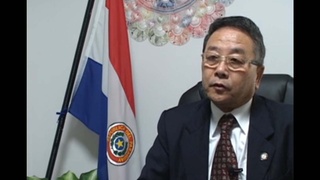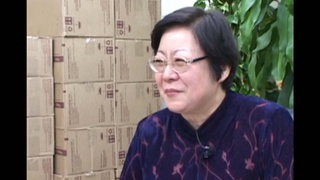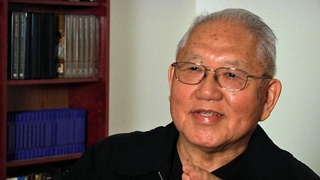Interviews
Unique perspective that a judge can bring to community organizations
I think being an attorney, or being a judge, in any organization, you can bring a perspective, an analysis that can help that organization.
By being a judge I was on the Torrance Symphony Board, because I really wanted to preserve music education in the schools. And by having the perspective I have, I can’t raise money, but I can come up with ideas of ways to have things happen.
On the Biomedical Research Institute Board, by being a judge, I brought a completely different perspective into this board that had some community members, but predominantly of doctors. And I think they realized the value of having someone with a legal background, because they expanded the board to include other attorneys and other judges since my term was up.
I think that we can bring our background to help organizations that we wish to — that are not in the legal field with — we can’t give legal advice, but we can guide them into thinking about areas that they never thought of in terms of their growth, their expansion, their mission statements, their goals.
Date: July 27, 2018
Location: California, US
Interviewer: Kiya Matsuno
Contributed by: Watase Media Arts Center, Japanese American National Museum; Japanese American Bar Association






